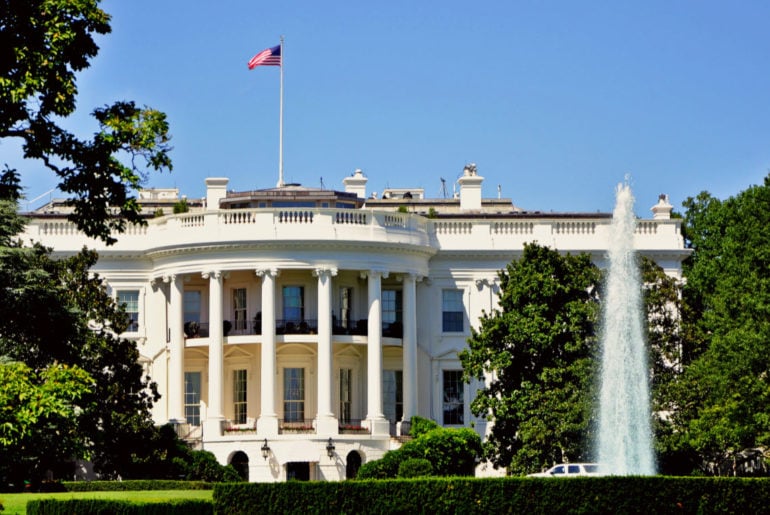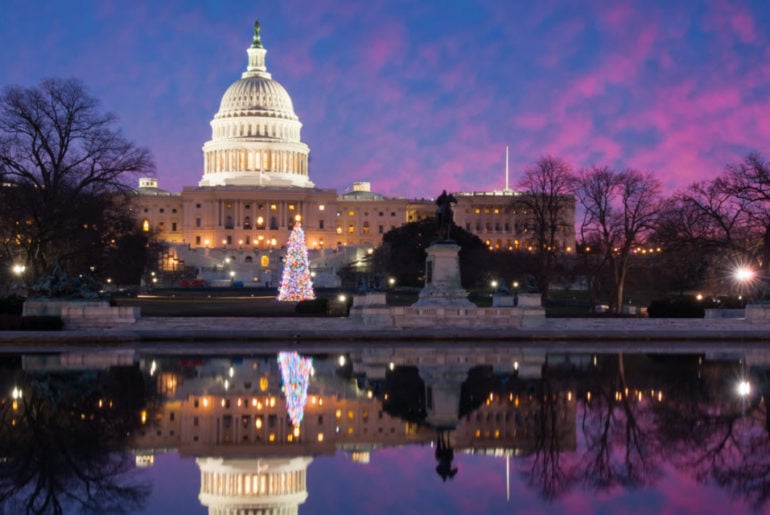On October 15, 2021, the US Treasury Department’s Office of Foreign Assets Control published sanctions compliance guidance for the virtual currency industry (the “Guidance”), given that “the growing prevalence of virtual currency … brings greater exposure to sanctions risk.” This Guidance follows (1) the recent and first-ever designation of a virtual currency exchange by the OFAC (see our recent post on this here), and (2) the launch of the National Cryptocurrency Enforcement Team to tackle criminal misuses of cryptocurrency (see a description of this new team on our Blockchain blog, available here).
On October 22, 2021, the Commerce Department’s Bureau of Industry and Security (“BIS”) published a Proposed Rule to outline potential changes it is considering making to the Export Administration Regulations in an effort to clarify and expand the restrictions on the availability of License Exception Strategic Trade Authorization for the export, reexport, and in-country transfer of certain items. BIS is seeking public comments on these proposed changes by December 6, 2021.
On November 1, 2021, the US Department of State’s Directorate of Defense Trade Controls issued a final rule amending entries for Ethiopia and Eritrea in the International Traffic in Arms Regulations. These changes supplement the sanctions imposed on both countries under Executive Order 14046, “Imposing Sanctions on Certain Persons With Respect to the Humanitarian and Human Rights Crisis in Ethiopia,” which was signed by President Biden in September 2021.
On October 20, the House of Representatives passed five bills with overwhelming bipartisan support that aim to promote supply chain and network security. This post will focus on two bills directed towards the Federal Communications Commission. While these legislative measures are directed towards a U.S. government entity, and thus may not (on their face) appear applicable to corporate supply chains, if enacted, these bills could result in changes to laws, regulations, and policies down the line that impact compliance measures for companies.
The growth of digital engagement practices has raised regulatory issues for broker-dealers and investment advisers. In this preview of an article from an upcoming issue of The Review of Securities & Commodities Regulation, Amy Greer discussed a variety of such issues, including account opening due diligence and best execution. They suggest that, as a starting place, to prepare for regulatory examinations firms should review current practices and address those concerns raised by the SEC and FINRA in their recent statements, guidance, and regulatory responses.
On October 20, the House of Representatives passed five bills with overwhelming bipartisan support that aim to promote supply chain and network security. This post will focus on one bill directed to the Department of Homeland Security (“DHS”), and two bills directed to the Department of Commerce (“DOC”). While these legislative measures are directed towards U.S. government entities, and thus may not (on their face) appear applicable to corporate supply chains, if enacted, these bills could result in changes to laws, regulations, and policies down the line that impact compliance measures for companies.
This week’s discussion will cover the following:
• Tether Holdings CFTC Crypto Settlement: Reminder that the CFTC is asserting a prominent role in the regulation and enforcement of cryptocurrencies.
• SEC Report on January 2021 Market Frenzy: “Staff Report on Equity and Options Market Structure Conditions in Early 2021”
• Will DOJ Prosecute Steve Bannon for Contempt?
Key developments reflected in this week’s update to the tracker include the following: Colorado, Connecticut, Indiana, Iowa, Louisiana, New Mexico, Rhode Island, Tennessee and Washington, DC extend their state-wide orders and reopening plans. New Mexico issued a new mask mandate requiring all persons aged two or older to wear a mask indoors, except when eating or drinking.
On September 17, 2021, President Biden signed Executive Order 14046, “Imposing Sanctions on Certain Persons With Respect to the Humanitarian and Human Rights Crisis in Ethiopia” aimed at addressing the widespread humanitarian conflict in northern Ethiopia. Both the White House and Secretary of State Antony J. Blinken also released statements calling for ceasefire negotiations to begin to find a political solution to the ongoing conflict in the region and a sanctions scheme to target individuals and groups responsible for violence, unrest, human rights abuses and the obstruction of humanitarian efforts.
This weekly briefing is available on demand and will cover hot topics and current enforcement actions related to white collar crime and criminal investigations in the US and abroad to arm you with the information you need to start your business week. 18 October – This week’s discussion will cover the following: 1) January 6 Commission and possible prosecution of Steve Bannon for contempt; and 2)SEC Enforcement Director Grewal’s speech on appropriate approaches to compliance, proactive enforcement, electronic message retention/production, cooperation, and civil penalties.



